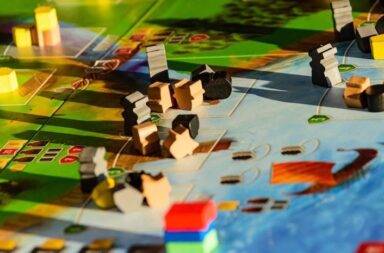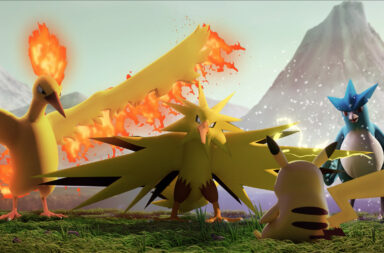Dragon Ball is a Japanese manga series that was originally written and illustrated by Akira Toriyama. It was originally showcased in Weekly Shonen Jump from 1984 to 1995, inspired by the Japanese novel Journey to the West. The game follows the adventures of Son Goku as he trains in martial arts and travels the world in search of seven Dragon Balls that have the power to summon a wish-granting dragon. Along his journey, Goku makes friends and battles many enemies.
Game Expansions
- Saiyan saga
- Frieza saga
- Trunks saga
- Androids saga
- Cell saga
- Cell Games saga
- World Games saga
- Babidi saga
- Buu saga
- Fusion saga
- Kid Buu saga
Some character mechanics changed in the Dragon Ball trading cards sequel series. More powerful characters were introduced and cards gained more available features. Personality cards were given more powerful stages and some cards were even customisable. Additionally, Non-Personality cards gained an Endurance rating, which allowed them to absorb life cards of damage caused by attackers.
Card Types
Physical Combat cards represent fight and Energy Combat cards represent that attack using ki. Cards that show the events of the series are called Non-Combat cards but they are also known as Non-Combat Setups and Support cards throughout the series.
Personality cards are used as Main Personalities and Mastery cards are used in a single-style deck that is used to declare a Tokui-Waza. There is also a Freestyle Mastery card. Additionally, Sensei cards are used for Sensei decks. Mastery cards were originally introduced in the Trunks saga and Sensei cards were introduced in the World Games saga.
Card Rarity
1-Star: These cards are commonly found and are generally easily obtained
2-Star: (Promo) The rarity of these cards is debatable due to some cards being easy to find and others extremely difficult to obtain. Some cards are only available to participants, runners-up, and winners of the Dragon Ball Z card tournament.
3-Star: (Uncommon) These cards are sometimes easy to find but are usually difficult to obtain.
4-Star: These are usually featured in starter packs. An example is Main Personality cards.
5-Star: (Rare) There is usually only one 5-Star card in a booster pack and they are generally hard to obtain.
6-Star: (Ultra Rare) These cards are extremely difficult to find and out of several booster boxes, you may only find one 6-Star card.
7-Star: (Premium) Similar to 2-Star cards, 7-Star cards are typically only available through Dragon Ball Z card tournaments.
Dragon Ball is an extremely popular card game and was originally produced by Score Entertainment. However, Score Entertainment later sold the rights to Panini, which eventually stopped publishing. By 2006, the game had eighteen expansions. Additionally, a remake was released in 2014, which was designed by a Panini America employee. In the beginning of 2017, it was also announced that Dragon Ball Super CCG would be released. Furthermore, the trading card game is extremely popular among collectors. Some cards are extremely difficult to obtain; for example, 2-Star and 7-Star cards are typically only available to participants of the Dragon Ball Z card tournaments.


